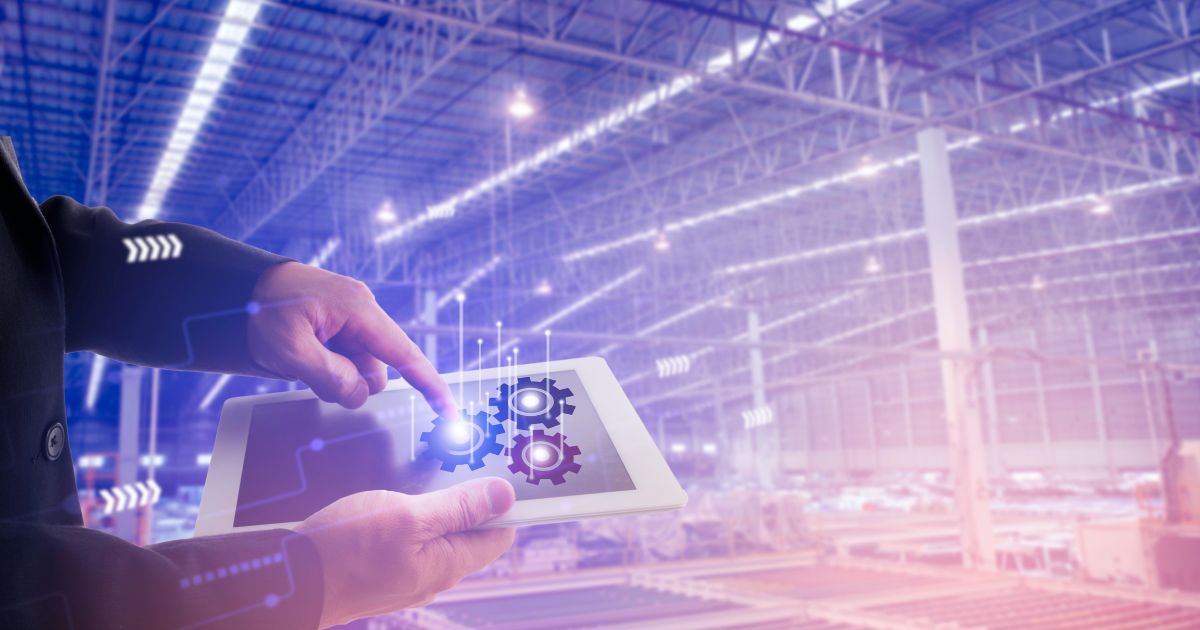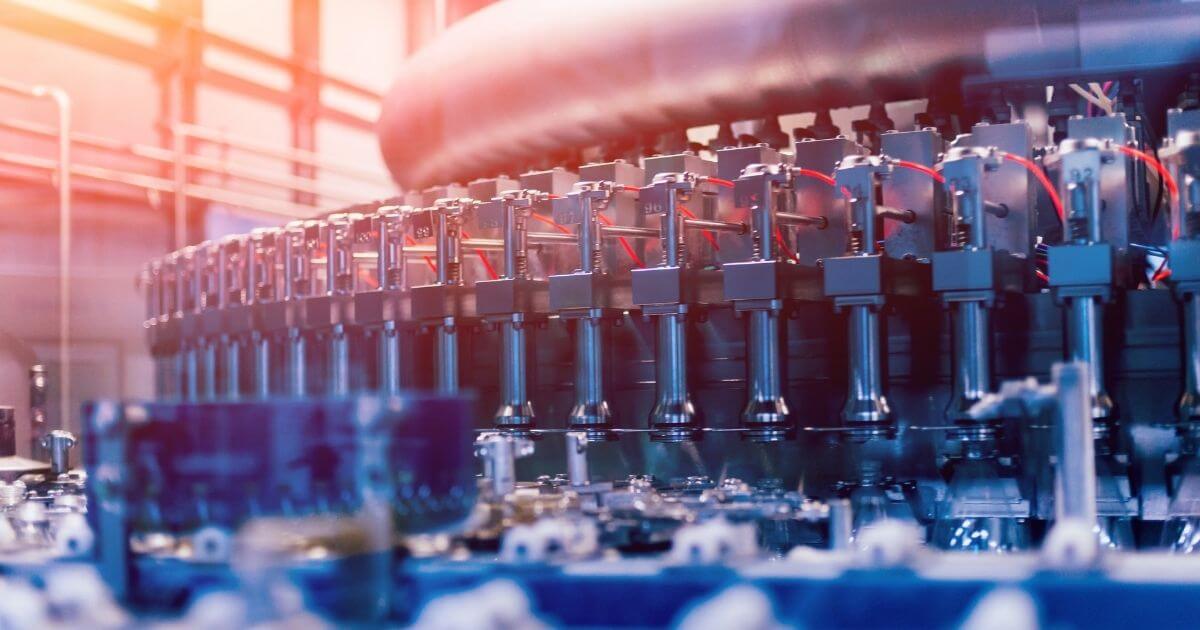Unraveling Generative AI: Everything You Need to Know

In the ever-evolving landscape of artificial intelligence, one branch stands out for its awe-inspiring capabilities: Generative AI. Unlike traditional AI, which adheres to predefined rules or relies on curated datasets, GenAI leaps into the world of creativity and originality.
What is Generative AI?
Generative AI is a facet of artificial intelligence that centers around creating models and systems capable of generating new and unique content. While conventional AI methods excel at specific tasks through a rigid set of rules, GenAI embraces learning from data to produce novel outputs that resemble the patterns found in the training data.
The Core Mechanism: Generative Models
At the heart of generative AI lies the concept of generative models. These models, often based on neural networks, utilize complex algorithms to analyze vast amounts of data and identify underlying patterns. Once trained on this data, the generative model can generate new examples that closely resemble the original dataset.
Applications of Generative AI
GenAIhas a plethora of real-world applications that span various domains, each showcasing its incredible potential:
- Enterprise Search: GenAI enhances enterprise search by improving the relevance and accuracy of search results, enabling natural language understanding, and facilitating personalized search experiences. It also aids in content summarization and recommendation, making information retrieval faster and more efficient.
- Natural Language Processing (NLP): In the field of NLP, generative models enable the automatic generation of human-like text. This technology finds applications in chatbots, language translation, and content creation for various industries.
- Drug Discovery: The pharmaceutical industry benefits from generative AI by speeding up the drug discovery process. AI models can propose novel chemical compounds with specific properties, reducing the time and cost required for drug development.
- Healthcare: In medical imaging, generative AI can generate high-quality images that aid in accurate diagnosis and treatment planning. Additionally, it helps in generating synthetic data for privacy-preserving research.
- Manufacturing: GenAI transforms manufacturing with optimized product design, predictive maintenance, and efficient supply chain management. It fosters sustainability, enables mass customization, and streamlines automation.
The Road Ahead
Generative AI faces challenges, notably the need for a large amount of high-quality training data. Acquiring and curating such datasets manually is time-consuming and resource-intensive.
Additionally, achieving stable and reliable generative models can be a complex task, as these models are highly sensitive to changes in training data and hyperparameters. Overcoming these challenges will demand continued research and innovation.
Looking ahead, GenAI holds immense promise. As technology evolves, we can expect generative models to become more sophisticated, producing even more realistic and diverse outputs across various domains. This progress will open up new opportunities for innovation and creativity, revolutionizing industries and reshaping how we interact with AI-driven content.
GenAI stands at the forefront of innovation, propelling artificial intelligence into a new era of creativity and originality. Through generative models, AI can generate new and unique content that resembles the patterns learned from vast datasets. From enterprise search and natural language processing to healthcare and drug discovery, GenAI has found applications in many domains, reshaping industries and pushing the boundaries of human creativity.
With continuous research and advancement, the future of generative AI is exciting, promising a world where AI-powered creativity intertwines with human ingenuity to shape a better tomorrow.






